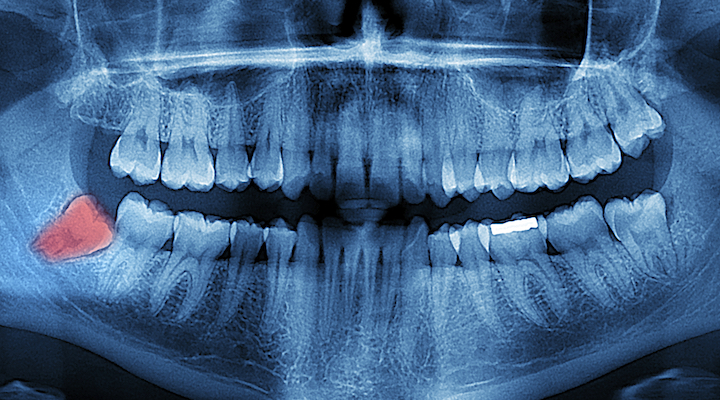Approximately 85% of people get their wisdom teeth extracted at some point in their lifetime. In the past decade, the wisdom on wisdom teeth has advanced. Though some things have stayed the same, a lot has changed. Here are a few items you should know:
1. They’re named for their smarts.
Wisdom teeth, typically appearing between the ages of 17 and 25, get their name because they emerge when you’re older and “wiser.”
2. Not all wisdom teeth need to be extracted.
According to American Association of Oral and Maxillofacial Surgeons’ (AAOMS) new position on wisdom teeth, not all third molars warrant extraction.. If they are not monitored regularly, they can cause harm in the future, however, it is tricky to determine if they are likely to cause problems later in life. Healthy wisdom teeth are easily cleaned and don’t crowd other teeth in the jaw. To determine the best course of action, wisdom teeth should be evaluated regularly in order for a doctor to provide the most beneficial advice.
3. Wisdom teeth may not exist in the future.
Human teeth have a mathematical formula that gradually changes as humans continually evolve. Over time, humanity will eventually give wisdom teeth the boot, according to a 2016 study in Nature.
4. 18 isn’t the standard anymore.
Thanks to AAOMS’ new position and the Affordable Care Act, there isn’t a rush to get them out at 18 anymore. The decision to remove wisdom teeth should be made on a case-by-case basis. Delaying extraction for a year or two may simplify the procedure and eliminate the risks associated with general anesthesia. Sit down with your dentist to weigh the pros and cons in order to make the best decision for you.
What’s your wisdom teeth experience? Share your wisdom below.



